As a cat owner, you must be aware of foods that can be poisonous to your feline friend. Cats are curious creatures and may try to eat something that isn’t good for them. And if you are unaware, you might even try to feed them things that can cause harm. This article will look at some different foods that are poisonous to cats so you can help keep them healthy. It will also discuss some of the things you can do if your cat does eat one of these foods.
What To Do If Your Cat Eats A Poisonous Food

Cats often like to sample things that they shouldn’t eat. Therefore, if your cat has eaten poisonous food, it is vital to act quickly. The first step is to call your veterinarian or the ASPCA Animal Poison Control Center at (888) 426-4435. They will be able to give you specific instructions on what to do next. Sometimes, it may be necessary to induce vomiting or give your cat a shot of activated charcoal.
However, it is important not to treat your cat yourself, as this could worsen the situation. Instead, bring the container of the poisonous food with you so that the vet can identify the toxin and tailor the treatment accordingly. With prompt treatment, most cats will fully recover from poisonous food.
Foods That Are Poisonous To Cats
With the knowledge of what you can do if your cat eats poisonous food, it is also important to know what foods to avoid feeding your cat. Many of these may surprise you, as they are ordinary foods people eat without issue. Here are a few to be aware of:
Chocolate

You probably know that chocolate can be dangerous for dogs, but many people are unaware that it can also be poisonous to cats. The toxicity level of chocolate depends on the type of chocolate, with dark chocolate being the most dangerous. The active ingredients in chocolate, caffeine, and theobromine, can cause vomiting, diarrhea, tremors, and even death in cats. Symptoms usually appear within six to twelve hours after ingestion and can last several days.
When a cat consumes chocolate, it reacts with their unique metabolism, causing the toxins to build up in their system faster than humans. So the best way to prevent chocolate poisoning in cats is to keep all chocolate products out of reach and never give them as treats.
Grapes and Raisins
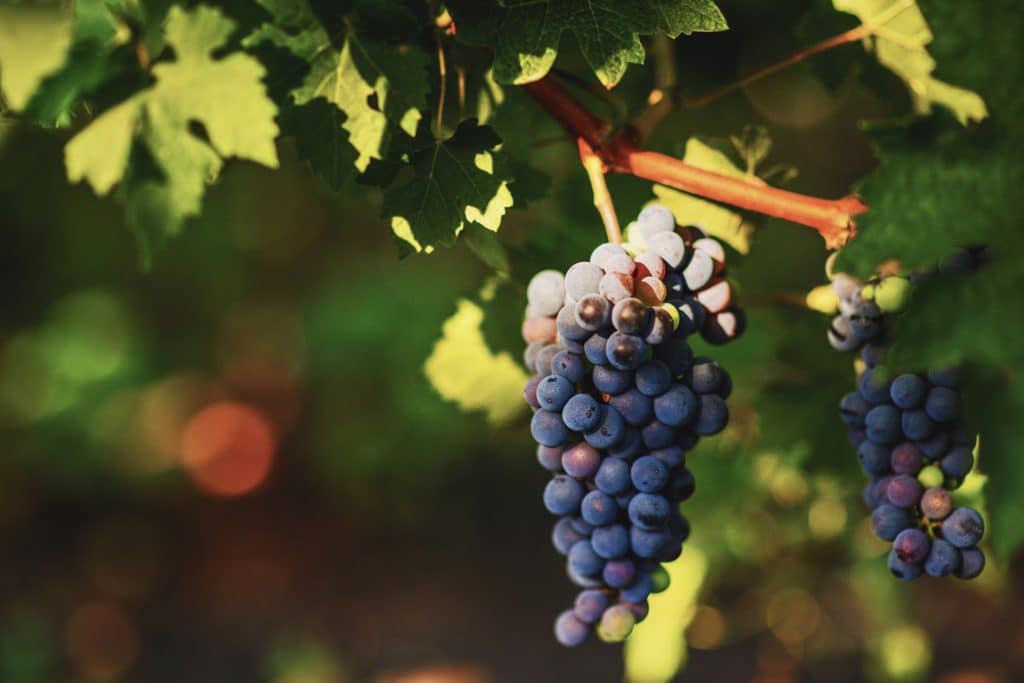
Another surprising food on this list is grapes and raisins. While the exact mechanism by which they cause toxicity is unknown, it is thought that an ingredient in grapes and raisins transforms into a substance that is damaging to the kidneys. Grape or raisin toxicity symptoms can include vomiting, diarrhea, lethargy, and loss of appetite. In severe cases, kidney failure may occur.
If your cat has ingested grapes or raisins, it is essential to seek veterinary care immediately. With prompt treatment, most cats make a full recovery. However, grapes and raisins can be fatal if left untreated, so it is best to err on the side of caution and avoid feeding them to your feline friends.
Raw Eggs
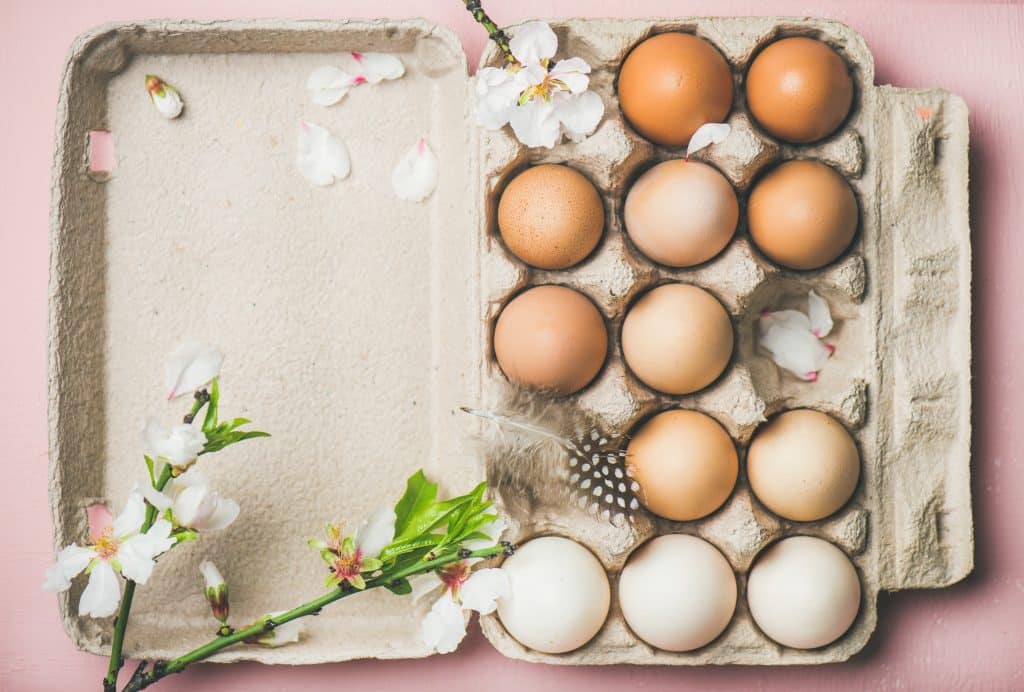
While cats are known for being fussy eaters, there are some foods that they should avoid altogether. Raw eggs are one such food. Though they may be okay for humans, raw eggs can poison cats. This is because raw eggs contain a substance called avidin, which inhibits the absorption of biotin. Biotin is an essential vitamin for cats, and without it, they can develop health problems such as dermatitis and hair loss.
Additionally, raw eggs may contain harmful bacteria such as salmonella, which is why humans should avoid consuming raw eggs. Salmonella can cause severe gastrointestinal issues in cats. Therefore, if you give your cat eggs, ensure you cook them thoroughly to reduce the risk of these potential health problems.
Onions
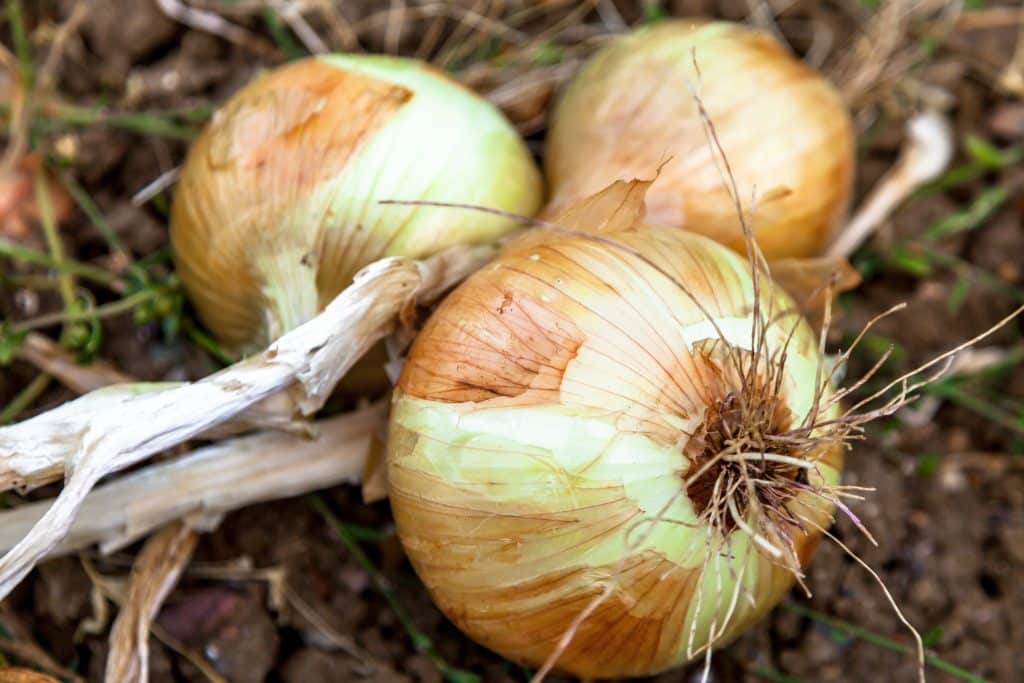
While onions may be a staple in many human dishes, they can be dangerous for cats. Onions contain a substance called thiosulfate, which can damage a cat’s red blood cells and cause anemia. In some cases, onion poisoning can be fatal. Symptoms of onion poisoning include lethargy, weakness, and difficulty breathing.
Whether cooked, raw, or powdered, it is best to keep onions away from your feline friend. And while you may find onions in many types of human food, it is important to check the ingredients before giving any people food to your cat.
Xylitol

Xylitol is a common sugar substitute in many sugar-free products, from gum to candy to toothpaste. While it is perfectly safe for humans, it can be deadly for cats. When a cat ingests xylitol, it causes a sudden drop in blood sugar levels, which can lead to seizures and liver failure. In some cases, it can even be fatal. The reason it reacts so poorly in cats is that their bodies cannot process it, which in turn causes a rapid release of insulin.
If you suspect your cat has ingested xylitol, it is crucial to seek veterinary care immediately. The quicker the substance is removed from their system, the better their chance of making a full recovery.
Citrus Fruits
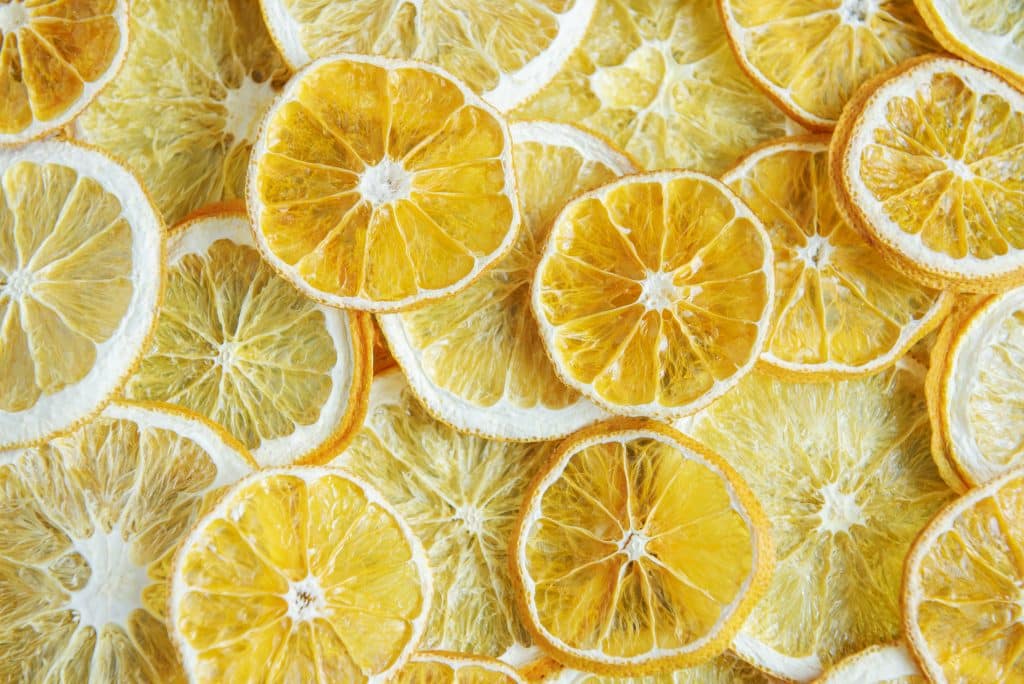
Citrus fruits may seem like a healthy snack for your cat, but they can be poisonous. The chemical compound limonene, which gives citrus fruits their characteristic smell, is harmful to cats in large quantities. In addition, the acidic nature of citrus fruits can cause digestive problems and mouth sores. If your cat does eat citrus fruit, watch for signs of vomiting or diarrhea. If these occur, contact your veterinarian immediately.
While a small amount of citrus fruit is not likely to cause serious harm, you should be aware of the potential dangers and avoid feeding these fruits to your feline friend. Instead, stick with cat-friendly snacks such as small pieces of cooked meats or tuna.
Dairy Products
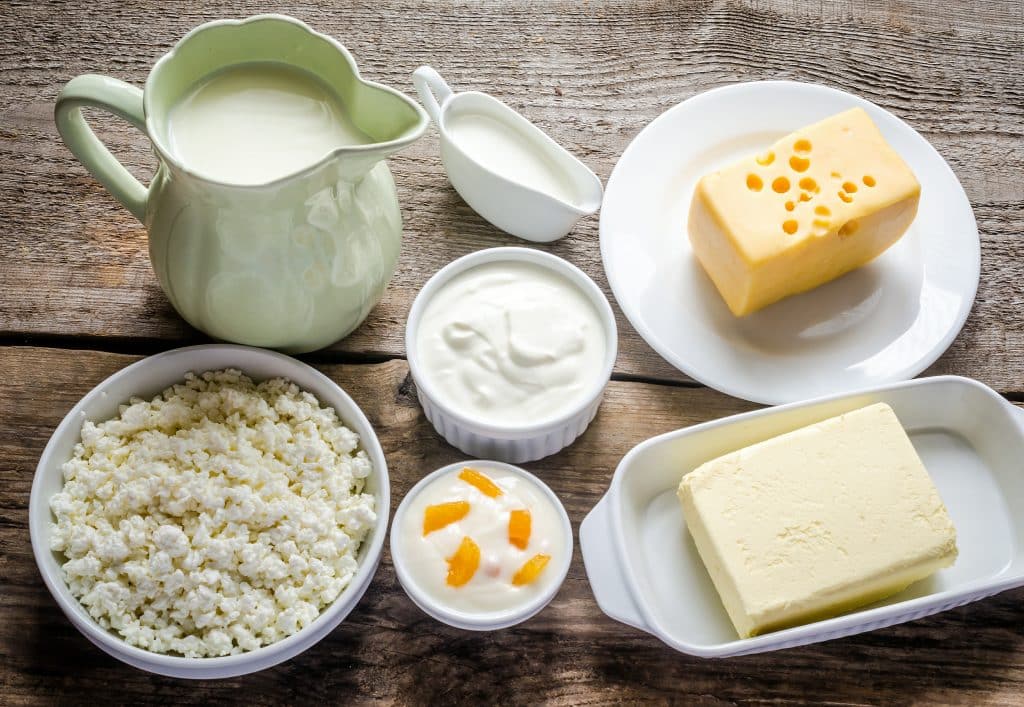
Although most people assume that dairy products are healthy for cats, the truth is that they can be poisonous. Dairy products contain lactose, which most cats’ bodies cannot digest. When cats consume lactose, it can cause vomiting, diarrhea, and even death. In addition, some dairy products contain high levels of fat and cholesterol, which can lead to obesity and heart disease in cats.
For these reasons, it is important to avoid feeding dairy products to cats. If you must give your cat a dairy product, choose a product that is low in lactose and fat, and always consult with your vet first.
Be Aware Of The Foods That Are Poisonous To Cats!
While most human foods may seem harmless, it is important to remember that cats have very different dietary needs than people do. Certain foods can be poisonous for cats and even lead to serious health complications or death. Before feeding your feline friend any human food, educate yourself on the potential dangers and consult your veterinarian. It’s always better to be safe and stick to known, cat-friendly foods.